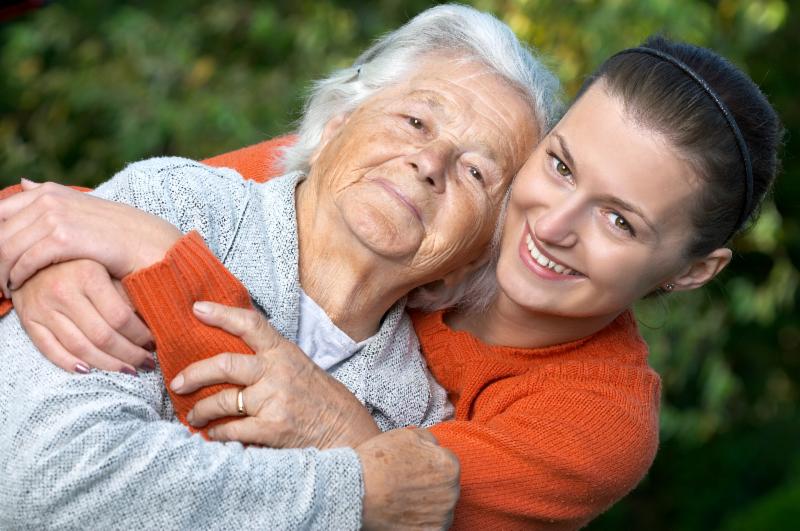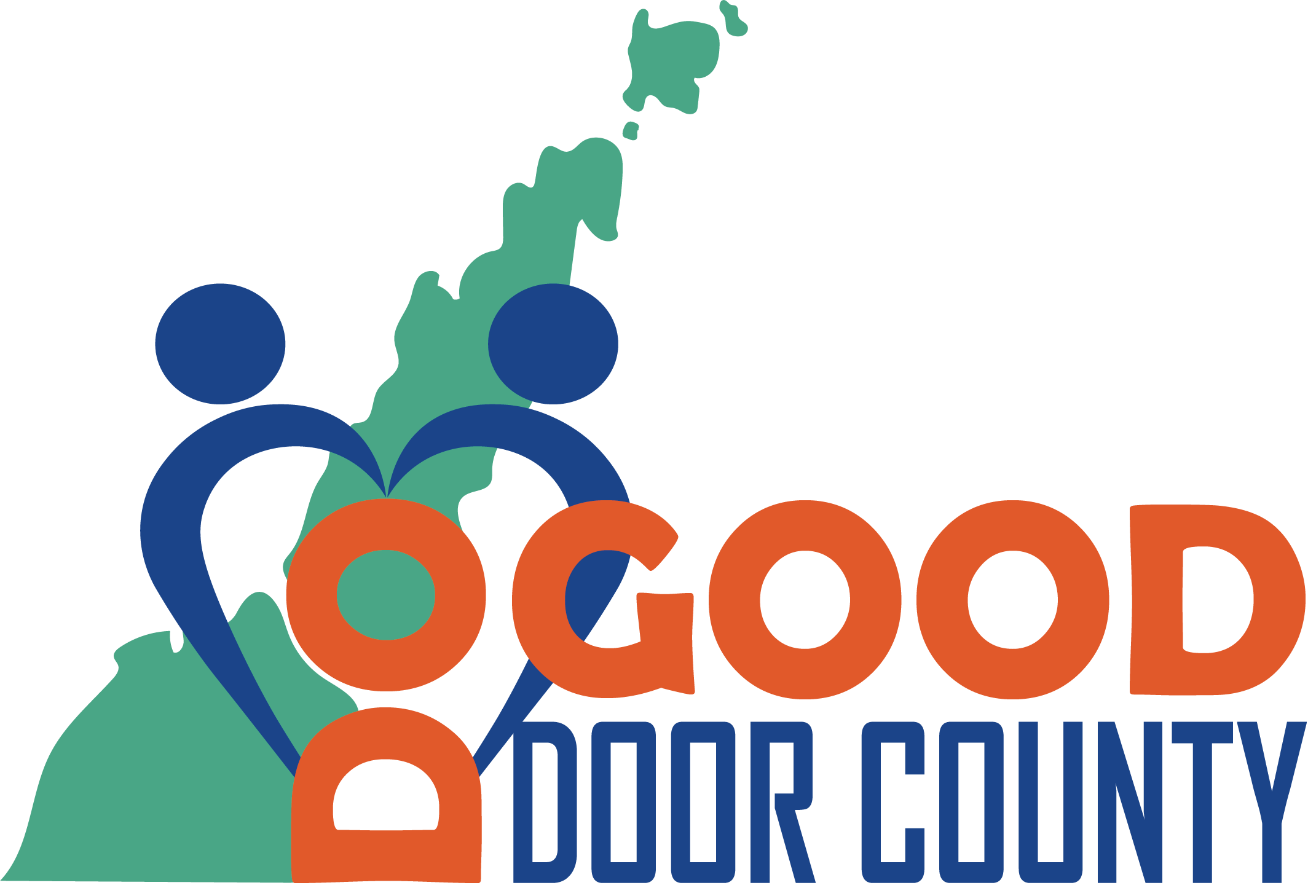Intergenerational events and initiatives bring people of different age groups together to learn from each other and share their experiences. These efforts have numerous benefits that can positively impact both individuals and communities. Here are some of the key benefits:
Promoting social connections and reducing social isolation
Intergenerational events provide an opportunity for people of different age groups to come together and form new relationships. Older adults often face social isolation, which can lead to a decline in physical and mental health. Intergenerational events can combat social isolation by providing opportunities for older adults to connect with younger people and share their experiences. This can help to reduce loneliness and improve overall wellbeing.
Building understanding and empathy
Intergenerational events allow people to learn from each other and build understanding and empathy. Younger people can benefit from the wisdom and experience of older adults, while older adults can learn from the fresh perspectives and ideas of younger people. This exchange of knowledge and experience can help to break down stereotypes and build understanding and respect between generations.

Encouraging lifelong learning
Intergenerational events can encourage lifelong learning by providing opportunities for people to learn new skills and knowledge from each other. Older adults can share their expertise and experience, while younger people can share their technological skills and knowledge. This exchange of knowledge can help people to stay mentally active and engaged, and can also help to bridge the digital divide between generations.
Fostering a sense of community
Intergenerational events can foster a sense of community by bringing people of different age groups together around a common interest or goal. This can help to build stronger and more cohesive communities, where people of all ages feel valued and connected.
Providing positive role models
Intergenerational events can provide positive role models for younger people. Older adults can serve as mentors and role models, sharing their life experiences and providing guidance and support. This can be particularly beneficial for young people who may not have positive role models in their lives.
Improving health outcomes
Intergenerational events can improve health outcomes by promoting physical activity and social connections. For example, intergenerational fitness programs can provide opportunities for people of different age groups to exercise together, promoting physical activity and reducing social isolation. Intergenerational programs that promote healthy eating and active lifestyles can also improve health outcomes for people of all ages.
By promoting social connections, building understanding and empathy, encouraging lifelong learning, fostering a sense of community, providing positive role models, and improving health outcomes, intergenerational events can help to create stronger and more resilient communities that benefit people of all ages.

